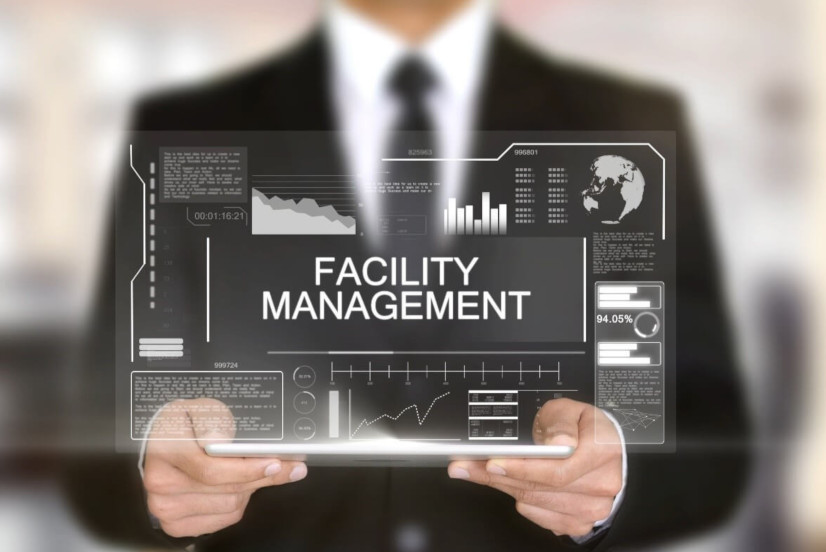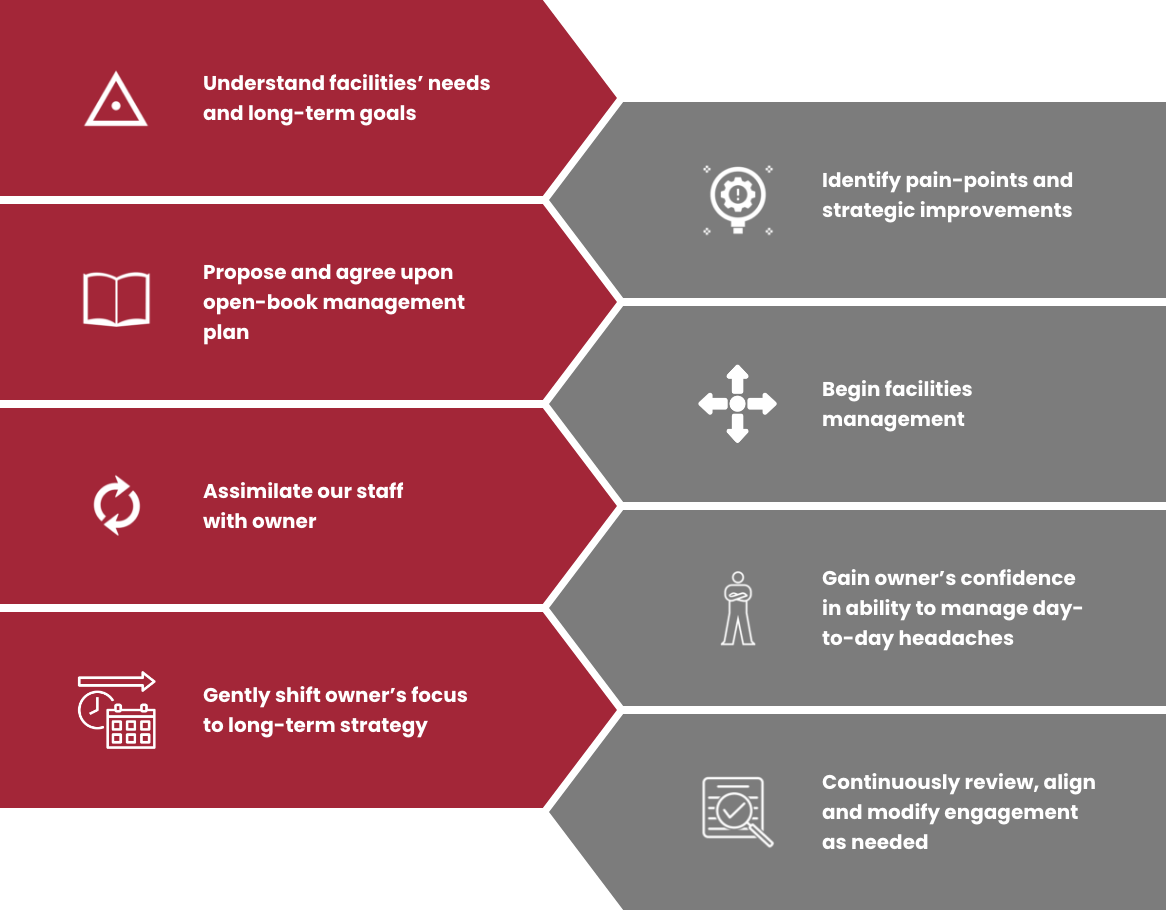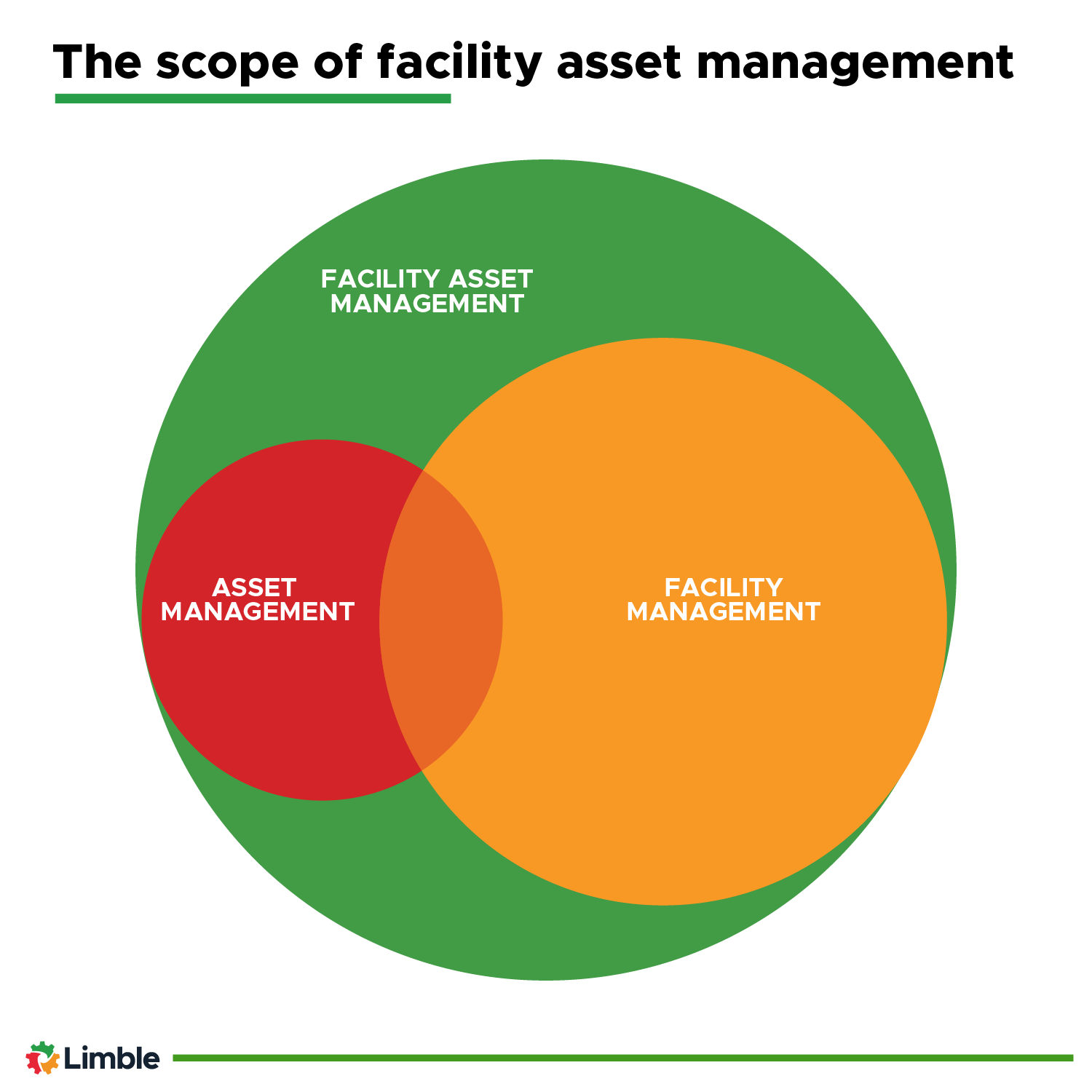Exactly How Facility Management Improves Work Environment Efficiency
Trick Patterns Shaping the Future of Center Administration in 2024
As we look in advance to 2024, the landscape of center administration is poised for significant transformation, driven by several crucial trends. The assimilation of wise structure modern technologies and a shift towards data-driven decision-making pledge to improve operational efficiency while prioritizing sustainability in method.
Smart Structure Technologies

Smart building innovations include a wide array of systems, consisting of intelligent lights, cooling and heating controls, and protection systems. By integrating these systems, facility managers can keep track of and adjust specifications in real-time, resulting in substantial reductions in power waste and operational expenses. Clever sensors can detect tenancy levels and readjust lights and temperature level accordingly, making certain that energy is just made use of when necessary.
Moreover, these innovations facilitate boosted information collection, allowing organizations to track use patterns and determine chances for additional enhancements. The implementation of wise building technologies not only adds to sustainability goals however likewise produces healthier workplace that can improve staff member efficiency and satisfaction.
As we relocate right into 2024, the adoption of clever building innovations will likely increase, reflecting a wider change towards more intelligent, receptive, and sustainable facility monitoring techniques.
Data-Driven Decision Making
Progressively, companies are leveraging data-driven choice making to enhance center monitoring practices. By harnessing information analytics, facility managers can acquire workable understandings that significantly boost operational efficiency and source allocation. The integration of sophisticated modern technologies, such as IoT sensing units and real-time monitoring systems, makes it possible for the collection of large quantities of information on structure efficiency, occupancy prices, and power usage.
This riches of info allows center managers to determine fads, anticipate upkeep needs, and proactively address concerns before they intensify. Anticipating analytics can anticipate tools failings, minimizing downtime and repair work prices. Additionally, information visualization devices promote far better interaction amongst stakeholders, making sure that educated decisions are made collaboratively.
Furthermore, data-driven methods enhance critical planning by enabling facility managers to evaluate the performance of existing techniques and make informed options regarding investments in technology or framework. As organizations progressively prioritize functional quality, data-driven decision making is positioned to become a cornerstone of successful facility management approaches in 2024 and beyond. Ultimately, the capability to utilize information successfully will empower companies to develop much more effective, efficient, and resilient facilities.
Sustainability and Green Practices
The focus on data-driven decision making normally aligns with the growing concentrate on sustainability and green methods within facility monitoring. As companies increasingly focus on ecological obligation, center managers are leveraging analytics to maximize resource usage, minimize waste, and lessen carbon footprints. This critical method allows the combination of energy-efficient systems, such as LED illumination, smart a/c controls, and renewable resource sources right into facility operations.
Furthermore, the implementation of sustainable techniques extends past energy usage. Center managers are embracing environment-friendly products and promoting reusing campaigns to develop a circular economic climate within their centers. This not only improves the ecological profile of the company however also cultivates a culture of sustainability amongst employees.
Compliance with ecological regulations is one more crucial facet driving the adoption of eco-friendly methods. By making use of data analytics, center managers can keep track of compliance metrics and recognize areas for enhancement, ensuring adherence to global and neighborhood sustainability standards.
Crossbreed Job Versions
A considerable shift towards hybrid job models is improving the landscape of facility management in 2024. This paradigm incorporates remote and in-office work, necessitating a reevaluation of space usage, resource allowance, and worker interaction strategies. Organizations are progressively identifying the significance of versatile offices that satisfy diverse requirements and choices.
Center supervisors need to adapt by carrying out flexible workplace designs that support collaborative initiatives while supplying areas for focused job. This includes the assimilation of technology to assist in seamless interaction and he said partnership among in-office and remote employees. Smart structure remedies, furnished with sensing units and analytics, permit for real-time surveillance of area usage, enabling organizations to enhance their atmospheres successfully.
Moreover, hybrid work designs highlight the requirement for effective center monitoring that prioritizes worker experience. This incorporates not only innovation and space style yet additionally the growth of policies that advertise a well balanced work-life dynamic. As firms browse this change, the function of facility monitoring comes to be pivotal in creating a nimble work environment that fosters efficiency and drives business success. In significance, the hybrid work model is reinventing center monitoring, encouraging a proactive approach to satisfy the developing demands of the workforce.
Enhanced Passenger Wellness
As companies embrace hybrid work models, an enhanced focus on resident wellness is coming to be click here to find out more indispensable to center administration techniques. Facility Management. This shift acknowledges that a healthy and satisfied labor force directly influences performance and retention rates. Center supervisors are now prioritizing atmospheres that advertise psychological and physical well-being, incorporating components such as all-natural lighting, biophilic layout, and available wellness resources

Modern technology plays a critical duty in this evolution. Smart structure systems can keep track of ecological factors and adjust settings in real-time, making sure optimum comfort levels - Facility Management. Feedback systems, such as tenancy sensing units and staff member studies, permit center supervisors to consistently fine-tune wellness campaigns based on passenger requirements.

Conclusion
In 2024, the future of facility management will certainly be dramatically affected by the assimilation of smart structure innovations and data-driven decision-making, promoting enhanced operational effectiveness. Sustainability efforts will focus on environment-friendly methods, while the development of hybrid work designs will certainly demand versatile office designs. In addition, a heightened emphasis on resident health with advanced HVAC systems and biophilic style will add to healthier workplace. These trends jointly highlight the evolving landscape of center administration in reaction to modern difficulties and possibilities.
Center managers are promoting and embracing environmentally friendly products reusing initiatives to produce a round economy within their facilities.A considerable change in the direction of hybrid work models is reshaping the landscape of center administration in 2024.Moreover, crossbreed work models stress the need for reliable center management that prioritizes worker experience.As companies welcome hybrid work versions, an increased emphasis on occupant wellness is ending up being essential to facility administration approaches.In 2024, the future of center management will be considerably affected by the assimilation of clever structure technologies and data-driven decision-making, fostering enhanced functional useful reference effectiveness.